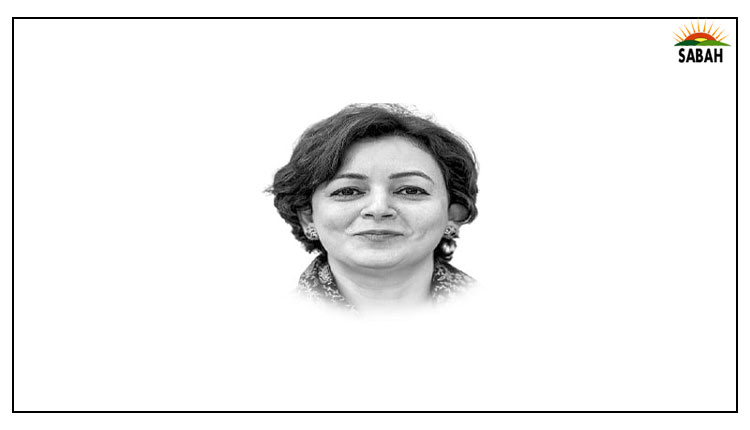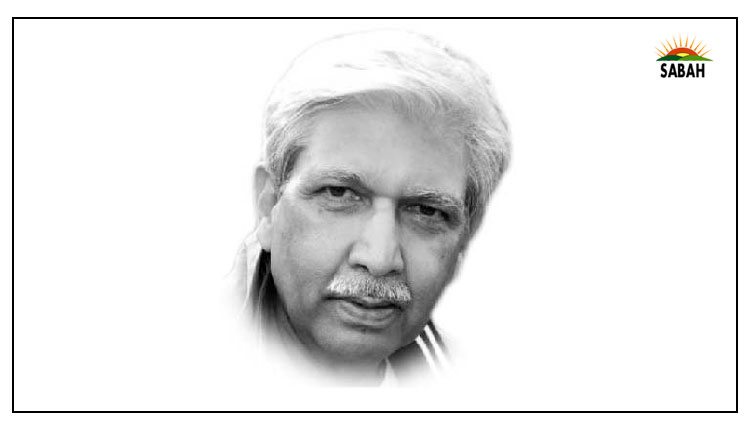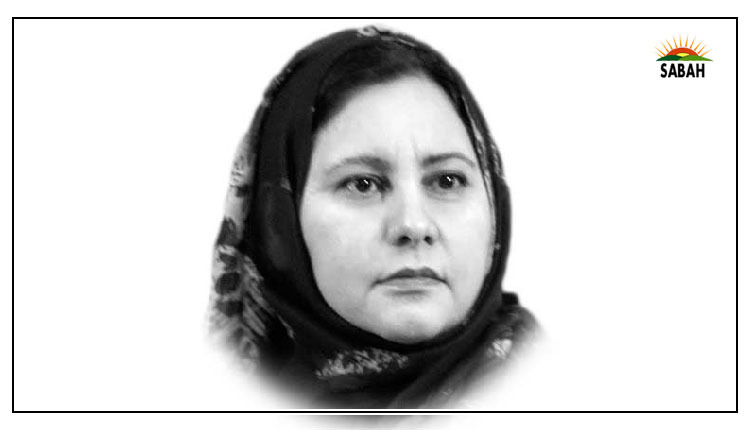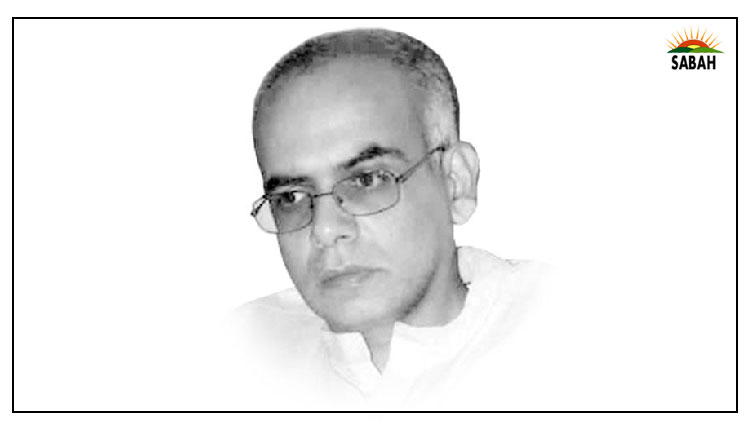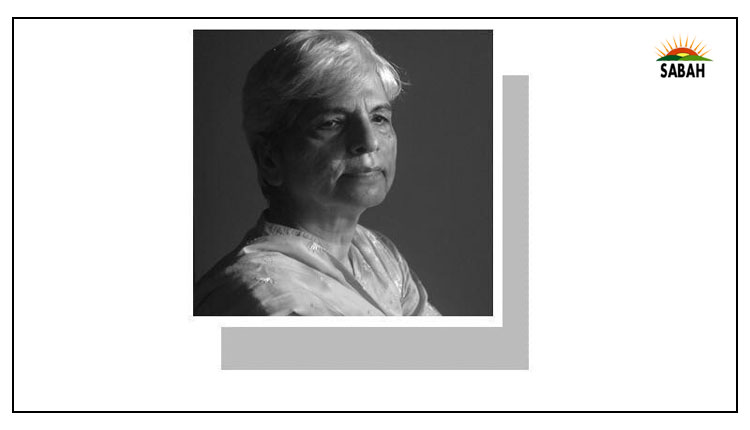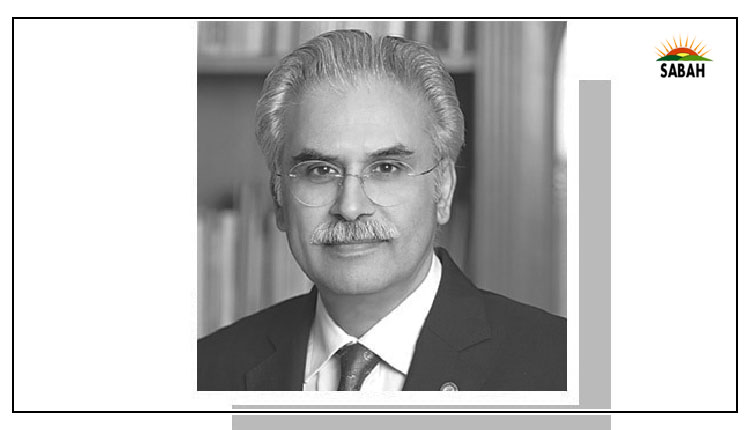The ignored principle of economic rights… Syed Mohammad Ali
Despite its sophistication, our global economy is deeply flawed. Despite all the lofty rhetoric about the merits of liberalisation and the potential of growth-led strategies to counter poverty, the global production system remains highly exploitative. Neoliberal zeal has not only created ecological havoc, but also resulted in obscene amounts of accumulation to coexist alongside stark levels of deprivation. With the existing situation becoming increasingly untenable, the world desperately needs feasible ways of recognising economic relations.
Big businesses supported by powerful international entities are reluctant to forego profit-driven imperatives which are the product of an unflinching faith in the market mechanism. Market-driven policies claim they have the potential to make growth greener and more equitable. Yet, there is ample evidence to suggest that the so-called invisible hand of the free market remains unable to leverage the principle of competition to curb excesses, enable environmental sustainability and improve the lives of marginalised people at the same time.
Notions such as free trade have promised win-win situations, yet poorer countries are engaged in a race to the bottom to offer concessions such as lax labour and environmental regulations to attract foreign investment. Raw materials and labour provided by poorer countries is persistently undervalued. Local elites who help supply underpriced raw materials and labour make good money, but not as much as international corporations which increasingly rely on outsourcing to maximise profits. According to research published in New Political Economy, the scale of financial drain due to the unequal trade exchange within the post-colonial era is worsening over time. In 2021, the global North was estimated to have drained $2.2 trillion worth of commodities from poorer countries per year.
The existing structures of power and accumulation would not be able to survive if the economic and social cost of exploiting natural resources were considered, and if exploitation of people in the name of making production more efficient was no longer permissible.
While unfettered capitalism seems unable to provide a tenable solution to address the needs of the burgeoning global population, there seems to be a lack of feasible alternatives. The disastrous results of despotic rulers taking state control of economic resources are hardly a viable alternative. Liberalisation managed by authoritarian regimes has enabled impressive growth, and several mixed economies have done a better job of looking after poorer citizenry. Yet, these alternative models of economic management do not challenge the overarching global economy which continues to enable obscene accumulation at the cost of stark levels of deprivation and ecological destruction. The world thus desperately needs alternative models of reorganising the global economy.
Ideas for reorganising the distribution of resources and preventing unnecessary exploitation of people and the planet do exist. Many such ideas are not as radical as one may imagine, like how mainstream entities such as the UN system have articulated and endorsed ideas to make the world a fairer place. The International Covenant on Economic, Social and Cultural Rights was a multilateral treaty passed in the mid-1960s to ensure that ordinary people have the right to earn a decent living and enjoy socio-cultural rights like access to health, education and participation in public life. Yet, we live in a world where a large proportion of humanity is being exploited and actively denied such rights.
Beyond lip service, the principle of organising economic relations using a rights-based perspective has obviously not been adopted. Human beings thus continue being treated as workers or consumers and are constantly being manipulated by the owners of capital. It is ironic how champions of neoliberal theories continue to not only promote the vested interests of big business but also rely on myopic descriptions of civil and political rights to chastise poorer countries, without paying much heed to economic rights which often lie at the root of many other forms of exploitation and repression.
Courtesy The Express Tribune


